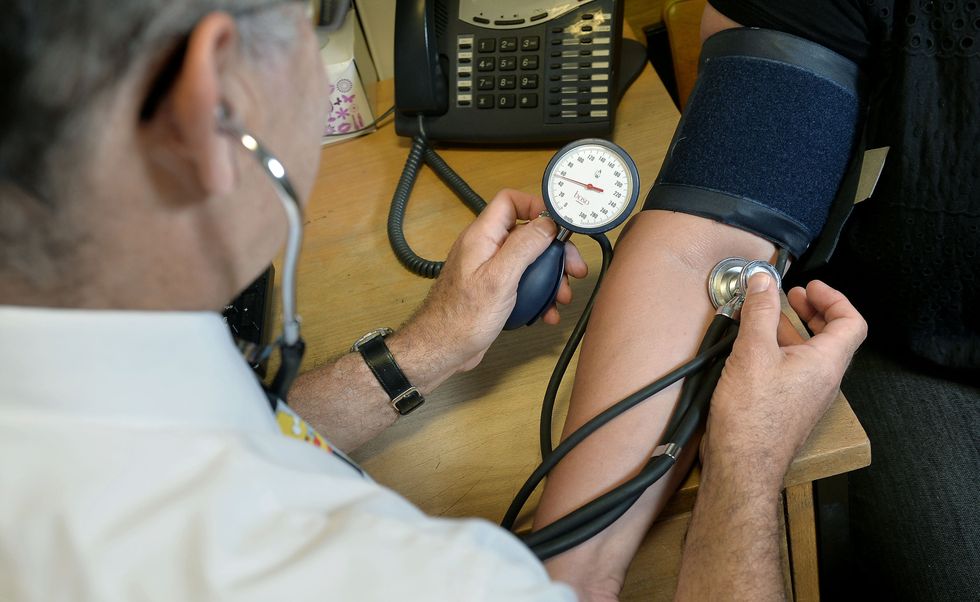Aspirin internal bleeding warning as experts warn some over-60s against drug
Aspirin is a drug taken by many each day to reduce the risk of a heart attack or stroke
Don't Miss
Most Read
Latest
Experts are warning some people against the daily use of the common drug, aspirin.
Aspirin is a drug taken by many each day to reduce the risk of a heart attack or stroke.
But now doctors from the US Preventive Services Task Force (USPSTF) are urging those over 60 to stop taking the drug, saying that it could increase the risk of internal bleeding.
They added that those aged between 40 and 59 should only take aspirin if they are at a genetic risk of heart disease.
Dr Michael Barry, USPSTF's vice-chair and professor of Medicine at Massachusetts General Hospital said: "Based on current evidence, the task force recommends against people 60 and older starting to take aspirin to prevent a first heart attack or stroke.
Experts have warned over-60s against the daily use of aspirin
Wiki Commons
A doctor checking a patient's blood pressure
Anthony Devlin
"Because the chance of internal bleeding increases with age, the potential harms of aspirin use cancel out the benefits in this age group."
The advice is only for those just starting a course of the drug, with those already on the drug told to continue.
While a King’s College London study carried out in 2019 found that aspirin did lower the risk of cardiovascular events by 11 percent, it did also increase the risk of major bleeding events by 43 percent.
Lead researcher, Dr Sean Zheng, said: “There is insufficient evidence to recommend routine aspirin use in the prevention of heart attacks, strokes and cardiovascular deaths in people without cardiovascular disease.
“This study shows that while cardiovascular events may be reduced in these patients, these benefits are matched by an increased risk of major bleeding events.
“Aspirin use requires discussion between the patient and their physician, with the knowledge that any small potential cardiovascular benefits are weighed up against the real risk of severe bleeding.”













